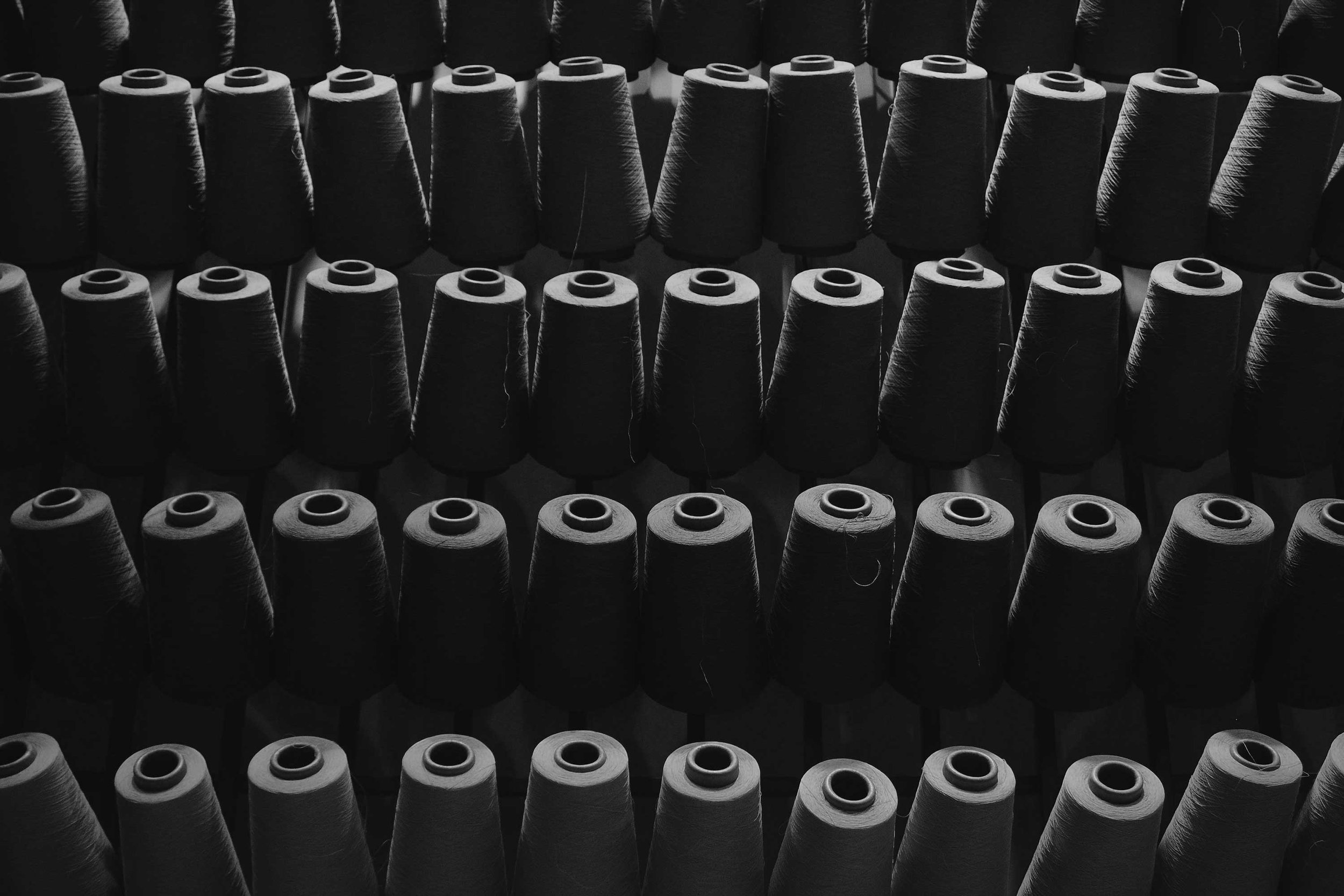Submission of Written Questions to the Innovation Forum conference 2020
UCRF supports the Sustainable Apparel and Textiles Conference Innovation Forum 2020 in their intent to have a ‘candid and progressive dialogue’ about sustainability in the fashion sector.
To that end we offer the following four nuances to the published sessions of the conference: April 24-27 2020.
These questions are intended as a framework to keep the root causes of unsustainability at the forefront of discussions at the conference, so they can be acknowledged, accepted and acted upon. The questions can be downloaded as a pdf here.
We encourage UCRF members attending the conference to reference and raise these points in active sessions and industry panels.
PANEL: Circular fashion – What does collaboration around circularity actually look like in practice? And how do you engage designers from the outset?
Neither the techniques nor the infrastructure to enable true circularity (where all outputs of the fashion industry become inputs and excess inputs are no longer generated by the system) currently exist.
Yet, in the fashion industry, the term circularity is used liberally and often inaccurately. Typically the term is used to describe a percentage of recycled content in products that are still manufactured, sold and consumed in a linear system. Engaging designers to use a percentage of recycled content in products does very little to build infrastructure for circularity. We must be more clear; so far, all material processed through the fashion system ends in the waste stream sooner or later.
UCRF would like to redirect the discussion on this panel to true system change, ie: where no product is produced unless it is connected to a viable circular/takeback system, from the outset.
This would focus the conversation on scientifically based systems change, and redirect energies to imagining and creating completely new relationships within business and the fashion sector itself. Creating a kind of ‘right to be manufactured’ policy or ‘quota system for circularity’ for all fashion products.
PANEL: Modern slavery, living wage and women empowerment – What real change has occurred and what are companies doing to ensure fair, safe and equal treatment of workers
The conditions created in the COVID-19 economy have highlighted the fragility and systemic inequality sustained throughout the fashion industry. The inadequacies of the ‘‘real world’ are now fully exposed for everyone to see. COVID-19 conditions demand a shift away from previous ‘best practices’ and ‘terms of engagement’. We know that after the Rana Plaza disaster, companies took some action, but these actions merely reduced the risk of future workplace building collapse and did not eliminate that risk.
The COVID-19 crisis has witnessed many fashion companies cancelling production orders, resulting in thousands of supply chain workers being laid off without pay. Providing emergency resources to ensure that food is on the table of supply chain workers families is an immediate need. Post-COVID-19 plans need to be enacted now to ensure the resilience of supply chain workers to future ecological, economic and biological threats.
UCRF would like companies participating in this session to report on what they are doing right now to alleviate the immediate and dire situation of supply chain workers, including dates for payment of orders already completed.
UCRF would also like companies to disclose their post COVID-19 plans for long term and permanent structural change in the fashion industry, so supply chain workers are never again placed in this precarious position. To be specific, ensuring living wages for workers, providing soft loans to producers, to keep their workers employed during crises and profit sharing are just three examples of mechanisms that could be used. What other ideas do the panellists have?
PANEL: Traceability and transparency – The latest innovations in supply chain mapping and visibility beyond tier 2
Traceability and transparency have been presented as end goals in a fashion industry. Yet we know the fashion sector has notoriously opaque and corrupt global supply chains. Double and triple books are widespread. Traceability and transparency are actually tools to identify problems that then need to be acted upon.
UCRF would like speakers on this panel to state publicly what percentage of their supply chain is fully transparent and traceable and what percentage remains opaque and not traceable, so the industry and the public gain full knowledge of actions that have been taken, real gains that have been made (or not) and the real challenges that need to be tackled.
PANEL: Re-commerce, repair, rental – The new and disruptive business models and how they will impact production and the retail environment
Coronavirus has seen to it that the retail environment is now well and truly disrupted. In the short term UCRF would like brands involved in branded resale, repair and rental, to explain how they link increases in their resale business to decreases in virgin product business….to achieve an overall drawdown of ‘conspicuous production’ and associated extraction of natural resources.
Currently this is not being measured and is a potentially powerful metric.
UCRF would also like brands to explain how, in the post COVID-19 economy, resale, repair and rental will become one of many core businesses of the fashion industry, with new product development significantly reduced and linked to natural resource availability. Finite being the new fashion.

